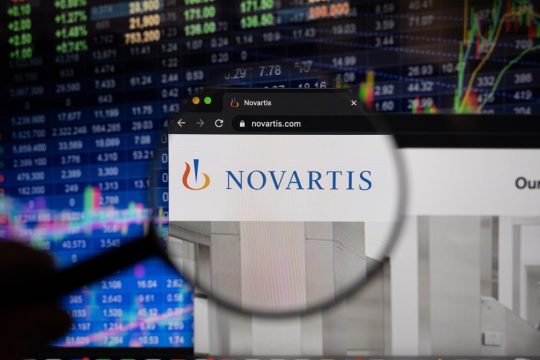Advertisment
More needs to be done to prevent dependence on pain medication

Dependence on pain medication is on the rise due to lack of vigilance by medical professionals, according to a new study from the University of Surrey. Patients dependent on pain medication describe feelings of ‘living in a haze’ and being ignored and misunderstood by the medical profession.
In the first study of its kind in the UK, Louise Norton and Dr Bridget Dibb from the University of Surrey investigated the experiences of patients dependent on medication for chronic pain. Pharmacological treatment for chronic pain usually involves potentially addictive substances such as non-steroidal anti-inflammatory drugs, gabapentinoids, and opioids. Increased prescription levels of such pain relief medications have been associated with heightened levels of overdose and misuse.
Dr Bridget Dibb, Senior Lecturer in Health Psychology at the University of Surrey, said:
“An increasing number of people are experiencing chronic pain, which can interfere with their daily life and lead to depression and anxiety. Medication can help alleviate pain and return a sense of normalcy to a person’s life; however, there is a risk of dependence, which can potentially cause damage to vital organs, including the liver and kidneys.
“The first step to tackle this problem is to learn more about a person’s experience, how they perceive their dependence and how they interact with others, including the medical profession.”
To learn more, interviews were carried out with nine participants who had become dependent on pain medication. Participants spoke about how their dependence on pain medication resulted in them feeling not fully present and removed from their lives due to the side effects of the treatment. Many also expressed frustration about the lack of alternative treatment options available on the NHS to manage their pain, with medications being too readily prescribed.
The majority of participants also spoke about their negative interactions with medical professionals, with some attributing the cause of their dependence on them. Many believed a lack of continuity between doctors led to missed opportunities in spotting their dependence, enabling it to continue.
Louise Norton added:
“Relationships with medical professionals substantially affect the experiences of those with painkiller dependence. Doctors can often be seen as authority figures due to their expertise and so patients may be apprehensive to question their treatment options. However, through providing patients with thorough information, doctors can enable more shared-decision making in which patients feel better supported and equipped to manage their chronic pain.”
Researchers noted participants felt stigmatised when speaking with others about their dependence due to a lack of understanding about their reliance to prescribed pain medications. Such interactions left participants feeling ashamed and critical of themselves.
Dr Dibb added:
“Those with a dependence on prescription painkillers not only have to navigate their reliance on the medication but the shame and guilt associated with such a need. Combining this with feelings of being misunderstood and ignored by medical professionals, they have a lot of emotional needs to be managed alongside their physical pain. To prevent this from happening medical professionals need to be more vigilant when prescribing medication and ensure that their patients are fully aware of the risk of dependence before they begin treatment.”
This study was published in the journal Pain and Therapy.





